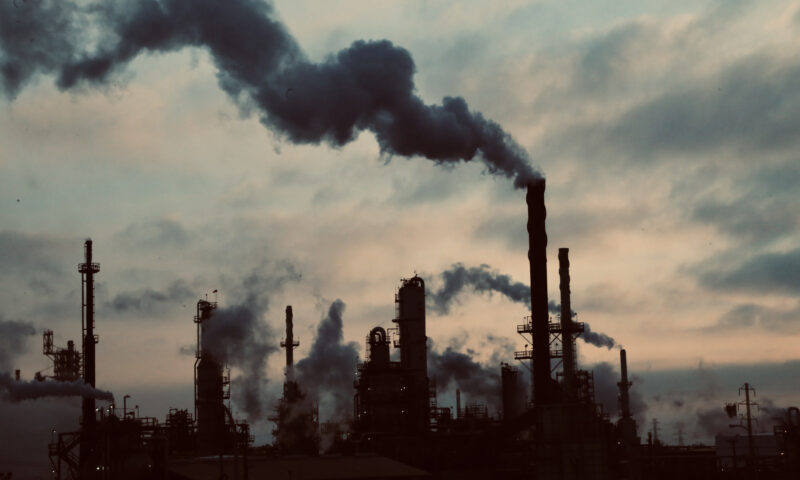

National day of protest will target JPMorgan Chase, Citigroup, Bank of America and Wells Fargo as new U.N. report warns of catastrophic climate impacts.
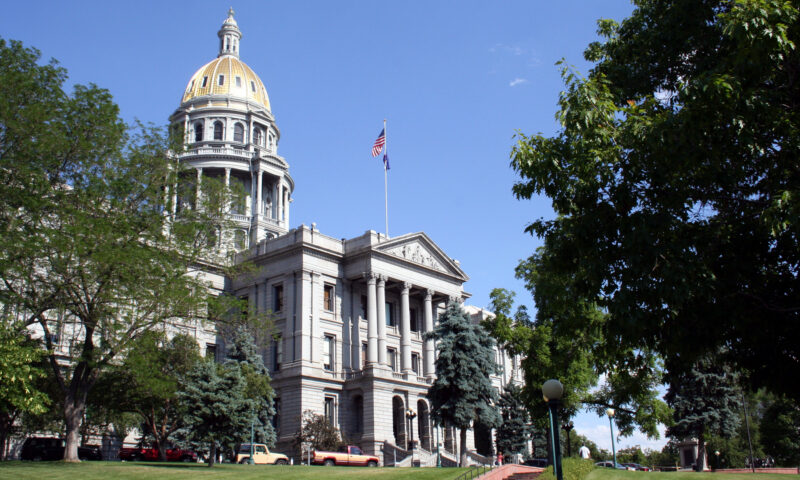

If OK’d, measure would be the first nationwide to require climate impact analysis in investment decisions.
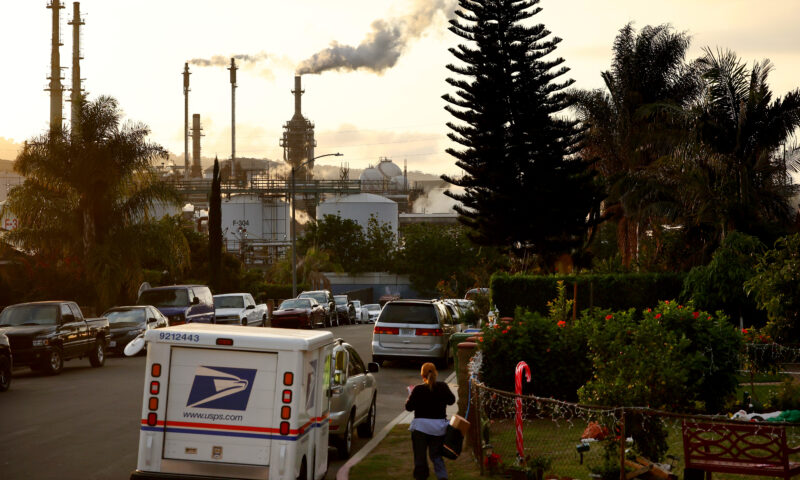

What real estate, oil wells, racism and yogurt containers reveal about the disparate damages caused by fossil fuels.
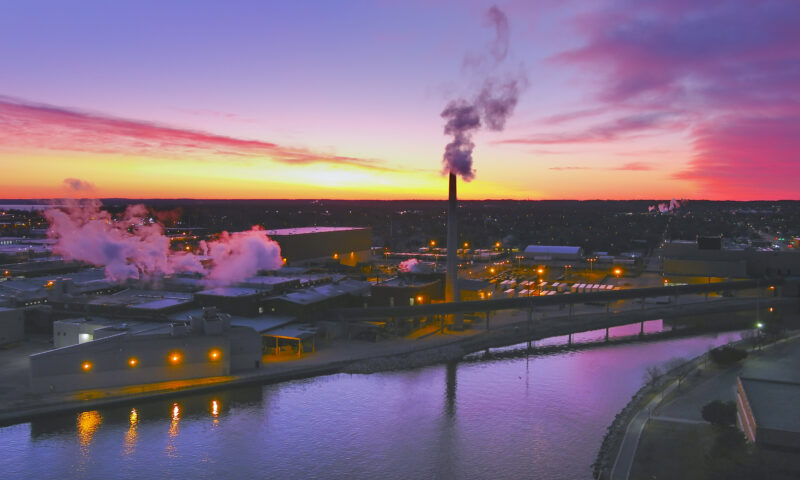

Alleged criminal conspiracies, water wars, quake-safe energy and deforestation are among the topics for journalists to probe in the coming year.


As a warming planet brings economic tensions to a boil, following the money can reveal some critical stories.
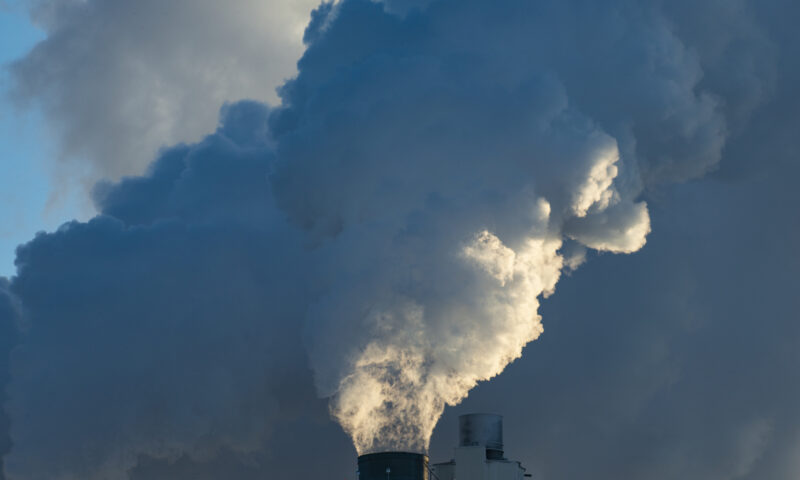

The state risks health and highway funding if it doesn’t pass regulations on oil and gas pollution.
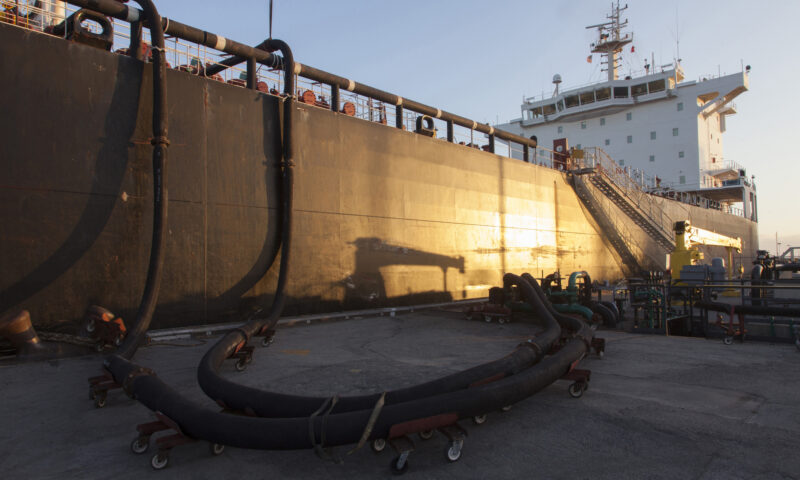

Oil group eyes strategy to promote in-state drilling as climate-friendly.
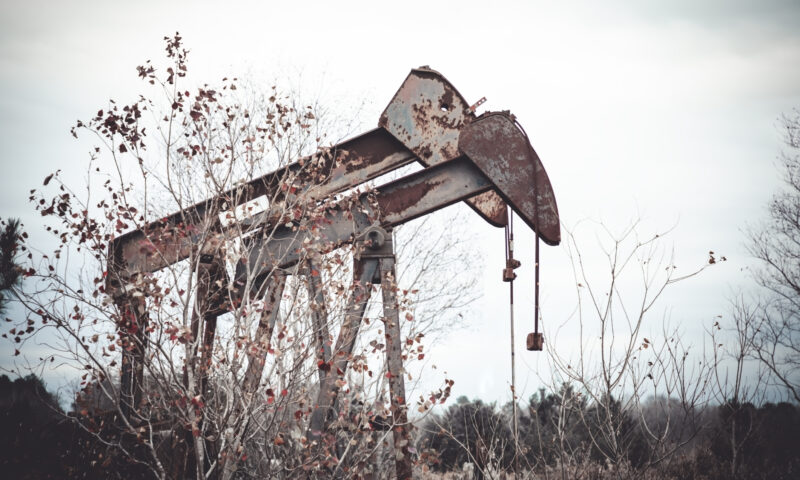

The industry-backed bill proposes to freeze the bond amounts that fossil fuel companies are required to put up.


Economists caution the billion-dollar tax windfall is the boom portion of a boom-bust resource cycle.
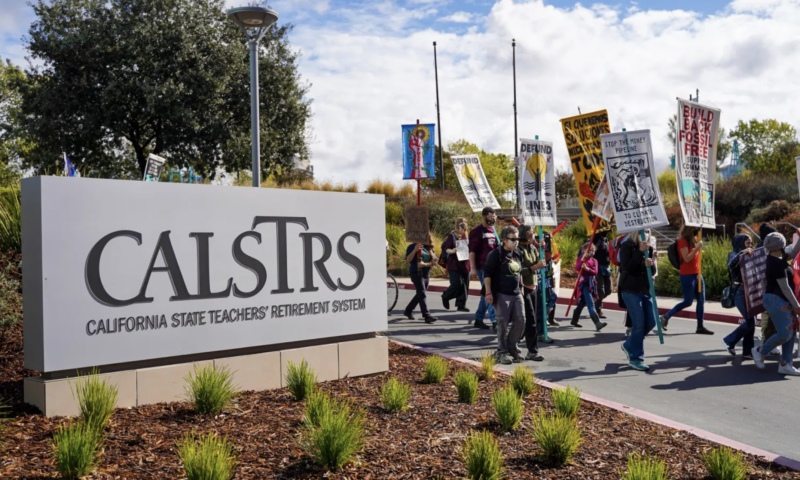
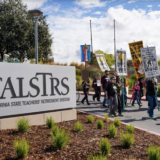
Sen. Lena Gonzalez says the state Legislature can sometimes stymie the democratic process.
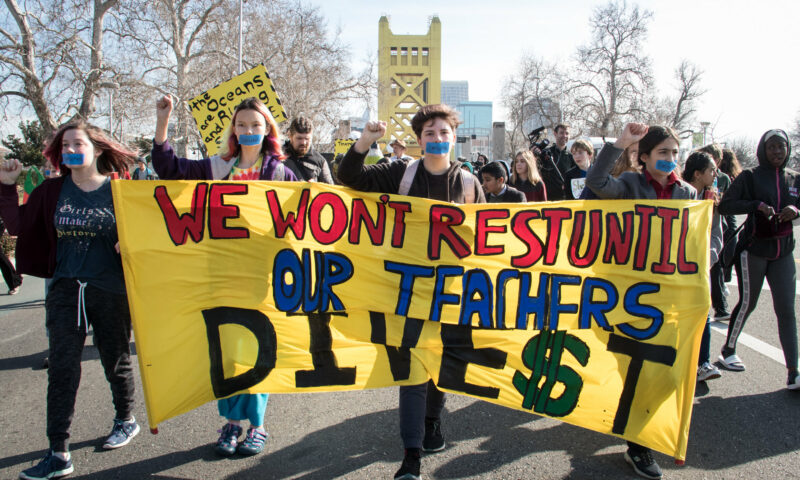
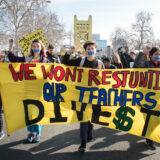
The proposed legislation would direct the state’s public pension funds to cease investment in oil, gas and coal companies.
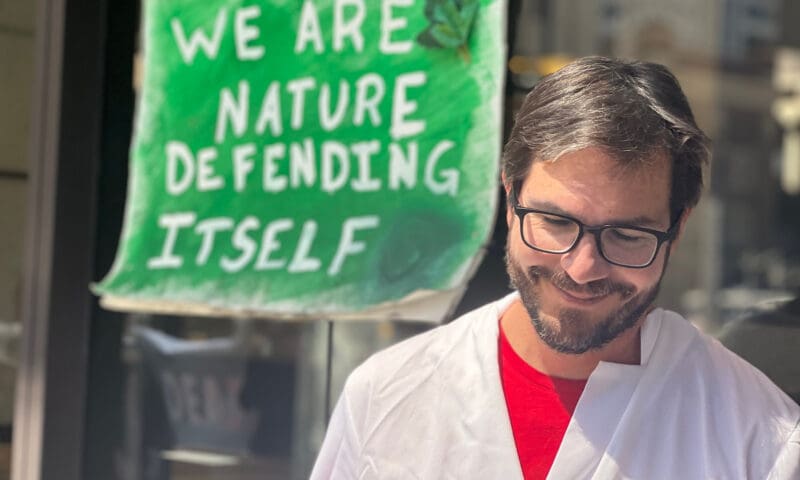

Kalmus, a climate scientist and activist, explains why we need to act now, and fast, to forestall calamity.


Fossil fuel companies are pushing for investment in emission-reducing technologies critics say are unproven or even harmful.


New York City consumes massive amounts of natural gas to stay warm and run stoves. Energy experts say there is a greener way forward.
From Covering Climate Now and WNYC/Gothamist


Even in the face of catastrophic changes to the environment, fossil fuel interests continue to advance their agenda in the Golden State.
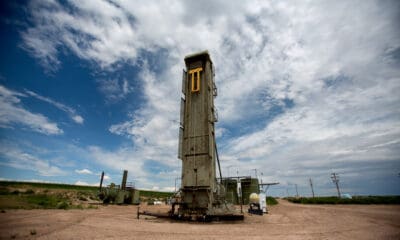

Northwestern New Mexico’s fossil-fueled economy is cratering. Will departing drillers clean up after themselves?
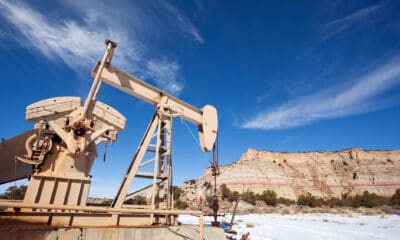
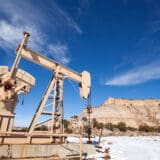
Considering climate change’s existential threat, the dearth of regional reporting on the corporate forces driving global warming is striking.
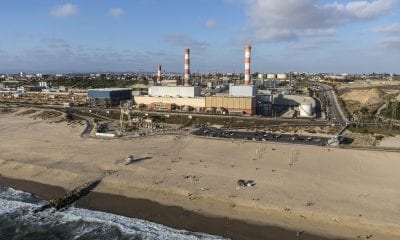

“This is the beginning of the end of natural gas in Los Angeles,” Mayor Eric Garcetti announced Monday.
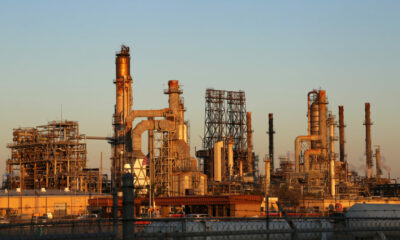

Research shows that global warming will hit the American economy hard, particularly in the South.


As this country hurtles into a New Year, I am grateful for the stop sign at Martin Luther King Jr.’s national holiday. It offers time for me to consider again the meaning of my life as well as to our national purpose. This year I am remembering that King’s life focused not only on civil rights, but also jobs. His vision of justice went beyond voting and equality to decent work for livable pay. That’s why he went to Memphis – to support striking garbage workers.
I am old enough to remember the early days of the peace conversion movement in the 1970s. Following the end of the war in Vietnam many people thought that the savings no longer needed for the military in that misadventure could be turned into social investments such as hospitals, schools and such, bringing good jobs with them. Again, at the end of the Cold War,
» Read more about: Peace and Jobs: A Conversion Conversation »